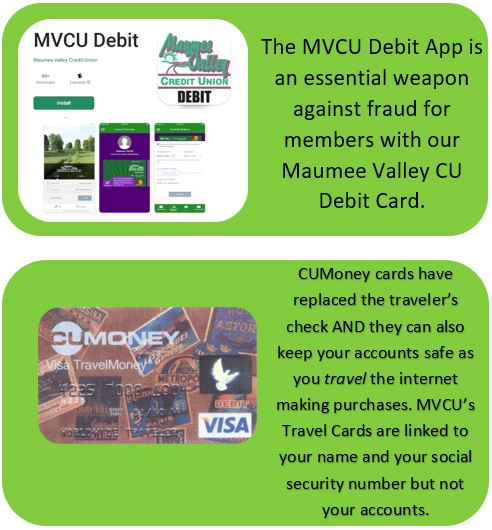What can you do to protect yourself from being victimized by fraudsters?
Never give anyone your personal information.
Always protect accounts, devices and personal info with strong passwords and complete confidentiality, especially when dealing with people you do not know “in real life.”
Never click on any links in emails or texts even it looks like it is from a company you know.
Always go directly to the company’s registered website or call them directly to ask about the questions you have.
Never allow anyone to take over your computer, tv or phone – even if they say they are helping you install, fix, or delete items on your devices.
Always stop communicating with the potential fraudster immediately, remain calm, and call a reputable support IT technician to help you with the issues you are experiencing. In these cases, the main thing to do is take some cautions away from the situation in order to proceed with caution. Time will show you that the situation is manageable, it will also help you to: remain Cautious, Calm and Confidential with your devices and with your personal information. The 3 C’s: Cautious, Calm and Confidential!
Never let anyone deposit large sums of money into your account for any reason.
Always talk to someone at your financial institution before accepting large deposits. In extreme cases you could be held responsible for the missing funds and be liable to prosecution if it becomes apparent that you were in the scheme with the fraudster/s for an extended period of time.
Always remember: Once you give someone your account number for a deposit, they also have it for withdraws! Fraudsters can have your accounts emptied in a matter of a couple of hours after you receive the first deposit, and often, it is BEFORE you get the fraudulent funds deposited.
Always remember: Legitimate, honest people, companies, and even potential love interests should never need your account numbers to “help” you or to “help” them.


Types of Scams That are on the Rise This Year
A romance scam is a confidence trick involving feigning romantic intentions towards a victim, gaining the victim’s affection, and then using that goodwill to get the victim to send money to the scammer under false pretenses or to commit fraud against the victim.
Social engineering is the term used for a broad range of malicious activities accomplished through human interactions. It uses psychological manipulation to trick users into making security mistakes or giving away sensitive information. Social engineering attacks happen in one or more steps.
“Phishing” is a scam where thieves attempt to steal personal or financial account information by sending deceptive electronic messages that trick unsuspecting consumers into disclosing personal information.
Phishing schemes often use spoofing techniques to lure you in and get you to take the bait. These scams are designed to trick you into giving information to criminals that they should not have access to.
In a remote access scam, a scammer attempts to persuade you into giving them remote control over your personal computer, which allows the scammer to con money out of you and steal your private information.
“Spoofing” is when fraudsters try to gain your trust. They count on making you believe that the spoofed communications are legitimate. Often, using the names of a big, trusted companies, such as Amazon or PayPal, to get potential victims to take drastic action or reveal information.
Let’s shed some light on how tricky the fraudsters can get!
A Dishonest Fraudster may do/say things similar to these con attempts:
- Ask you to hold their money in your account
- Ask you to be their payroll manager and distribute money orders to their workers.
- Ask to send you a large check or funds transfer that will enable you to travel and meet the fraudster and further your business or personal relationship.
- Say that there is a problem with your Amazon Account (or any other common company) and that you need to “click here” or call a phone number as soon as possible.
- Promise big profits for the use of your account.
- Ask to assist you with hooking your TVs up to streaming so that means they must come onto your computer, tvs, or GPS receivers to do the work that needs to be done.
- Offer you money on Cash App, Chime, Venmo or other instant funds transfer apps
